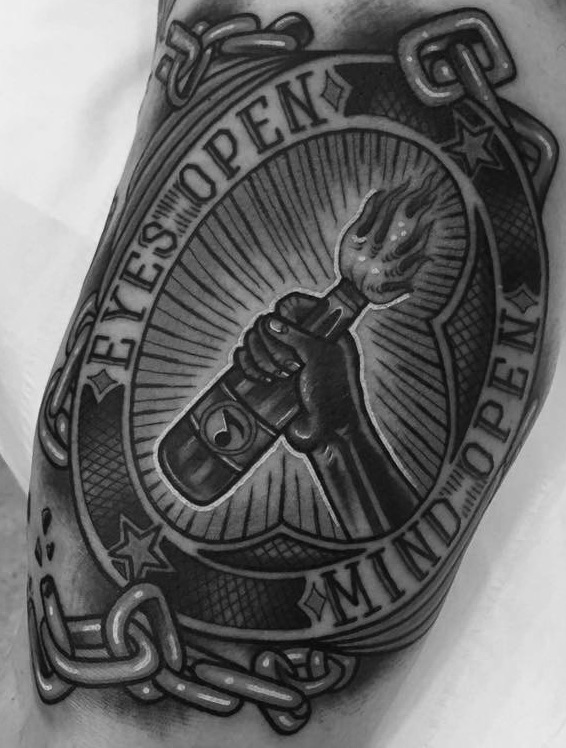“Face Your Fears” has been used regularly as a strapline in the arts – films, music, books.
Remember Stephen King’s book “IT” and the infamous, legendary Pennywise the Dancing Clown? One of the scariest characters I’ve seen.
The whole story is based on a bunch of children (calling themselves The Losers’ Club) who are terrorised by a malevolent creature known as IT.
For those who don’t know the story, a quick blast: IT has the ability to disguise and manifest itself as the things they are most afraid of (which is where Pennywise comes in) and then preys and feasts on their deepest psychological fears.
The children suffer traumatic experiences at the hands of IT, but manage to stave it off but don’t kill it.
IT hibernates in the deep recesses of their mind but returns many years later, compelling the now-adults to face their childhood fears or face death.
We’re oversimplifying it, of course – the novel is a mighty 1,400 pages long – but it’s not about how scary Pennywise or any of the other manifestations are per se, but about how our deepest fears can be created through experiences when we are young and buried deep into our psyche through adulthood.
And these fears will come back (hopefully not as Pennywise) and hinder us unless and until we face them.
Habituation
This is basically a life principle that means we get bored with the same old things. Of course, some people are more tolerant of repetition but as it’s hard wired into our genetic system so we can’t really shake it.
Habituation is often used in treatment of anxiety. Anxiety needs the nervous system to be stimulated. To prevent this, most people avoid situations that will produce that stimulation and those subsequent feelings of anxiety.
So, we avoid a difficult conversation at work or at home.
We avoid asking out that hot dude out on a date.
We avoid asking for a raise.
We avoid Pennywise or any clown.
We avoid wibbly egg whites.
We avoid runny tomatoes touching eggs.
We avoid anything that gives us an emotion of fear.
Continually avoiding situations that make us anxious not only keeps that stimulation at bay, it makes the anxiety of facing the situation bigger.
Basically, the longer it goes on, the worse it gets.
In a whizzy nutshell
That’s the psychology behind fear and anxiety. I hope I haven’t done it a disservice.
Facing your fears is basically exposing yourself to situations that you’re afraid of. It habitualises the fears. It numbs the fear receptors.
What are you REALLY afraid of?
Is it Karaoke? Or are you afraid of embarrassment?
What about asking for a wage rise? Is it the fear of rejection?
What about getting a tattoo? Pain? What other people might think? Or is it because you don’t think you should have one because of the job you do?
Can we ever be “fearless”? I don’t believe so. I also don’t believe we should be fearless. Our default is to think of fear as a negative emotion, but it’s actually our natural self-protection mechanism. And that can be helpful in serving us.
But when we think of it as negative, it can freeze us. We can learn to flip it around: from fear controlling us, to us controlling it.
I try my best to tell myself that emotions aren’t positive or negative, they just are. And then I tell myself that whatever I’m feeling is natural but it doesn’t serve me right now.
So….is the short term discomfort of facing a fear a fair price to pay for getting a life where you can be in charge?
Check out my other posts on Thrive and Hey Sunday for more on how an experimental mindset will help you be in charge of your life.


